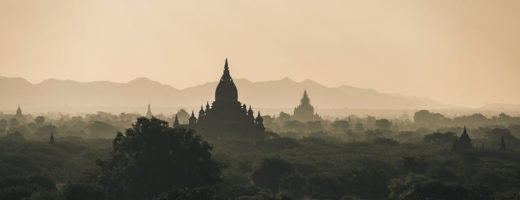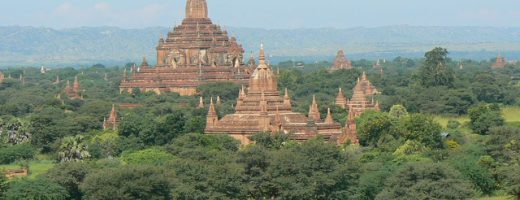The rocky road to Mandalay is full of potholes and the traffic is slow. The land is also full of pitfalls for lesbigay natives in Burma who know little about gay pride and sexual identity. The gentle guys and virtually invisible lesbians are naive and secretive. But 2015 brought democratic elections and a new Parliament
Burma’s political system remained under the tight control of a military-led government since 1962. No free elections were allowed until November 2015 when Burma/Myanmar held a reasonably peaceful election in which the opposition party National League for Democracy (NLD) won an absolute majority of seats in parliament that ensured its preferred nominees will be elected president and first vice president. The party’s leader is Aung San Suu Kyi.
Homosexuality is illegal in Burma. For the past 50 years the authoritarian nature of the government made it difficult to obtain accurate information about the legal or social status of LGBT Burmese citizens. There are numerous laws that prohibit spreading a sexually transmitted disease, committing “a public nuisance, making, selling, or distributing “obscene” material, buying or selling a prostitute under the age of eighteen or anything that might affect the morality of an individual, society or the public in a negative way. Currently no organized LGBT political or social organization can exist. There is some hope for change under the new government but Burma’s social mores about human sexuality have been described as being very conservative. Nevertheless there are LGBT activists who have been working in the shadows. What will happen next is uncertain as of December 2015.



